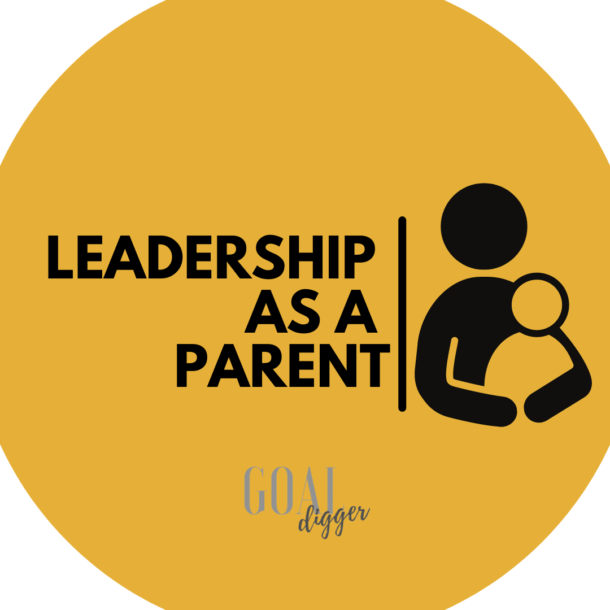

As a parent, or adult that takes on responsibilities of a guardian, whether temporary or permanent, there are some things we need to know about today’s kids.
Kids think they are mature. This occurs mostly because of information overload (think about their online time and everything that is being taken in). In reality many kids have low self-awareness because self-awareness is developed through real-life experiences. These real-life experiences require kids to go out and do rather than read about or have simulation online. It’s one thing to know about the opportunity or experience but another to actually take action or do.
Kids appear confident on the outside. The reality is many kids are anxious and/or depressed on the inside but maybe don’t know how to describe this or are embarrassed of feeling this way. Think about how much adults have monitored, hovered, and structured their lives – school, home, activities, etc. There has not been the opportunity for the kids to figure things out and really own who they are and what they are feeling.
Let’s dive a little deeper into the topic of maturity. According to Elmore (2012), there are specific ways the maturation of children is measured.
4 Aspects Measured to Evaluate Child’s Maturation
- Biological – physical growth
- Cognitive – intellectual growth
- Social – interactive growth
- Emotional – intrapersonal growth
Each area of maturity needs to be evaluated separately, though maturity happens when balance happens. We should not expect this growth of maturity to happen autonomously. The adults in the lives of children need to play an active role in this growth and development.
Adults need to help kids mature by:
- Providing autonomy and responsibility simultaneously.
Example: Give them the car keys, but they have to fill the gas tank.
2. Providing information and accountability simultaneously.
Example: Here is the information, now what do they do with it
3. Providing experiences to accompany their technology-savvy lifestyles.
Example: Provide opportunity to be face-to-face with other generations and learn how they did/do things.
4. Providing community service opportunities to balance their self-service time.
Example: Brainstorm and take action on ways they can give time to others (not just drives and money for a cause).
Kids’ lives are too full of freedom and too empty of accountability and by adolescence their lives are too full of information and structure. As adults we need to be intentional with what we provide in an effort to help kids mature.
Development can be hindered further by smothering or forbidding kids to explore things that are risky. Additionally, neglecting to encourage healthy expression of self or adults disengaging because of disagreement with what is going on rather than engaging and correcting can hinder the child’s development.
To attain emotional maturity, kids must learn to develop two critical capacities: the ability to live with uncertainty and the ability to delay gratification in favor of long-term goals.
Look for marks of maturity in kids to be sure they are on track and be sure that further intervention isn’t required.
Marks of Maturity
- Able to keep long-term commitment
- Unshaken by flattery or criticism
- Possess a spirit of humility
- Decisions based on character, not feelings; live by their values
- Express gratitude consistently and recognize what they have
- Prioritize others over self
- They are teachable
As noted earlier, adults have a role to play in helping kids meet marks of maturity. Additional ways adults can help are listed below:
How Adults Can Help Kids Mature:
- Help them identify their strengths and match their gifts with real-life work
- Arrange interviews with local leaders who can field their questions
- Encourage time limits on leisure activities
- Talk about the future on a regular basis – How can gifts and talents enhance career choices?
- Help develop coping strategies – How can the child deal with setbacks, stresses, and feelings of inadequacy?
- Make sure that childhood is not an impossible act to follow – Insert age-appropriate responsibility into the child’s life.
- Nurture leadership qualities and skills in them
“Strong self-esteem often comes with the discovery of personal talents. However, when adults don’t push for healthy maturity in those students socially, emotionally, intellectually, or even spiritually, they can become imbalanced and unhealthy” (Elmore, 2012, p.84).
Consider some of the greatest needs for this generation are emotional intelligence, character and sense of ethics, strength discovery, and leadership perspective.
What ideas or thoughts do you have for helping the kids in your life mature and grow in the areas noted above?
Reference
Elmore, T. (2012). Artificial maturity: Helping kids meet the challenge of becoming authentic adults. Jossey-Bass.

